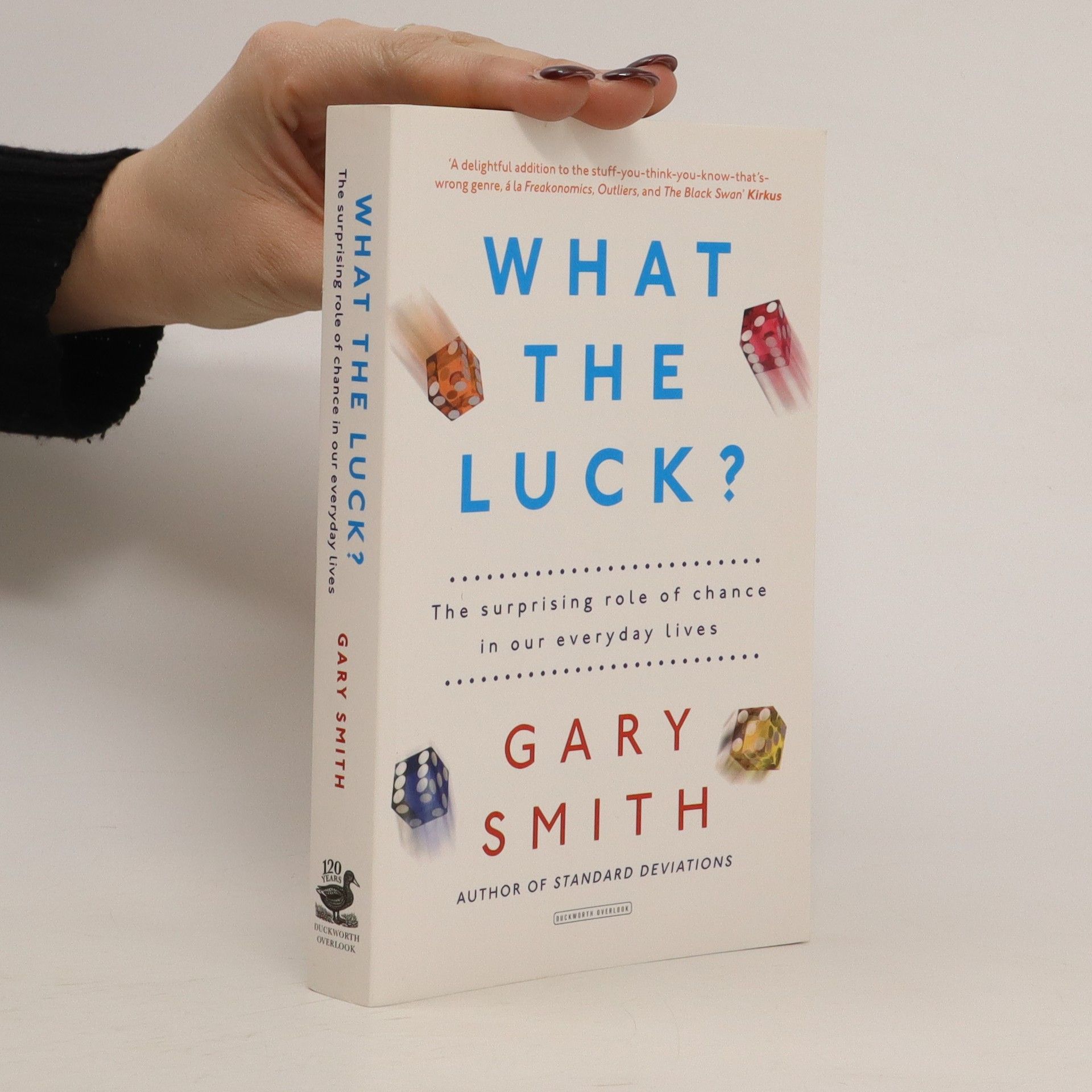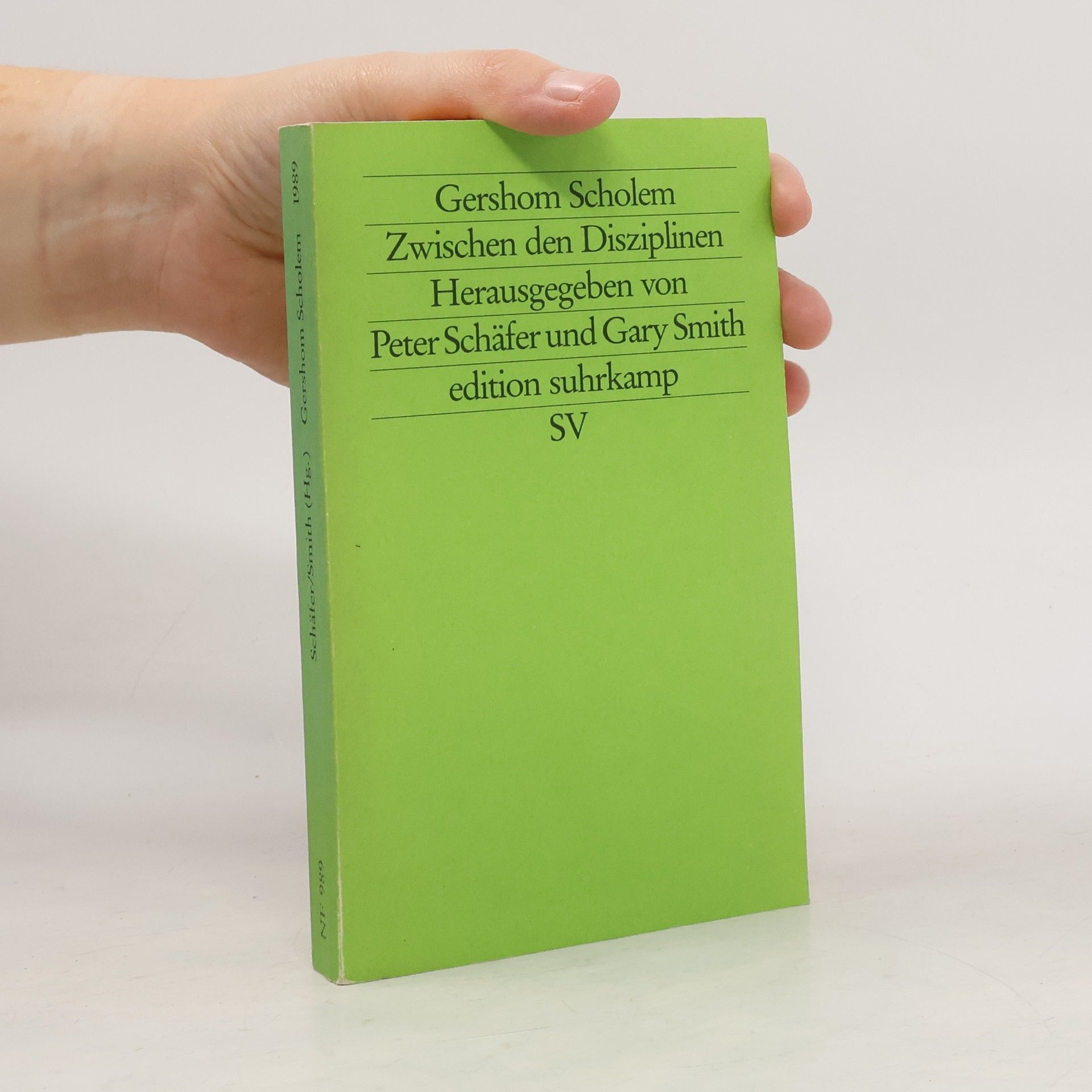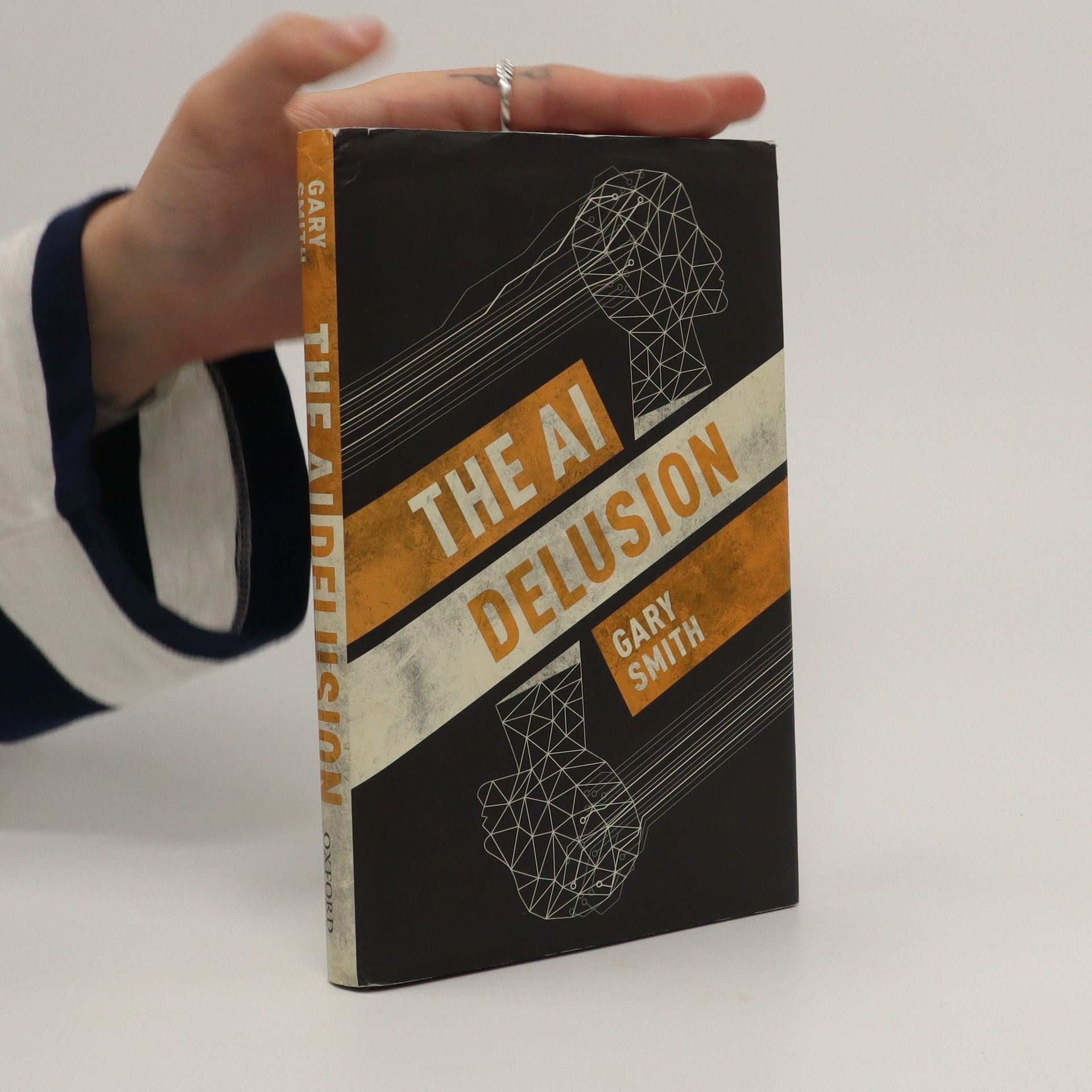Hannah Arendt revisited
- 311 Seiten
- 11 Lesestunden
Die Kontroverse um Hannah Arendts »Bericht von der Banalität des Bösen«, der 1963 die Diskussion um die Verantwortung des einzelnen während der Nazidiktatur zum Sieden brachte, ist in ihrer Schärfe ohne Beispiel - und sie ist, wie u. a. die sogenannte Goldhagen-Debatte zeigt, nicht weniger aktuell als damals. Indem die Autoren dieses Bandes die Ursachen dieser Kontroverse von verschiedenen Positionen aus nachzeichnen, geben sie zugleich ein intellektuelles Porträt einer der bedeutendsten Denkerinnen des 20. Jahrhunderts.





